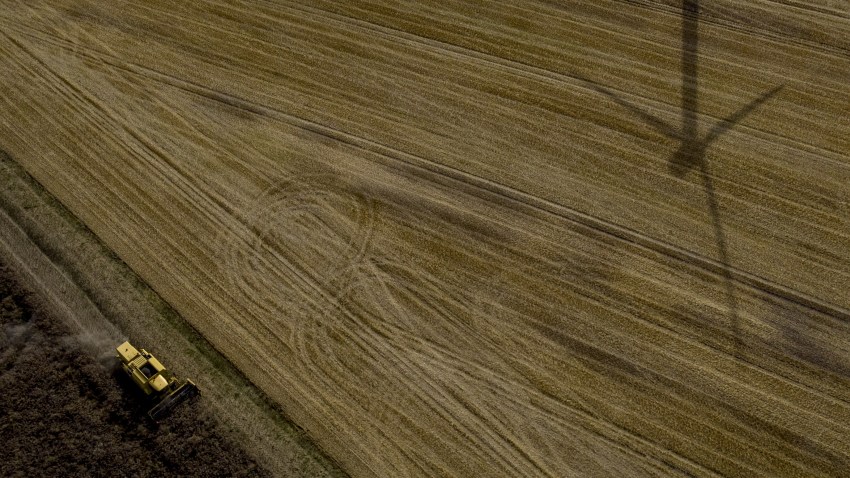There is something very wrong with global food production. From farm to fork, the food system as it currently exists is the most environmentally destructive of all human activities. More than half of the Earth’s habitable land is used for agriculture, and the replacement of natural ecosystems with farms and ranches has devastated biodiversity. Over the past 50 years, the average size of wild animal populations has decreased by nearly 70 percent. Life on Earth is now entering one of the greatest mass extinction events in tens of millions of years.
At the same time, the food system is now responsible for a quarter of all greenhouse gas emissions, making it a bigger driver of climate change than transport. In feeding ourselves, we are in the process of consuming the Earth and hacking away at the natural world’s vital life-supporting systems.
This is a story about the Green Revolution, as the transformation of food production since the middle of the 20th century is known, and what it has done to our planet. That it is called “green” is ironic, because in feeding humanity, we have in fact turned much of what was green on Earth into deserts. Some of these are literal deserts, where intensive farming practices have accelerated soil loss, leaving once-verdant areas barren. But most are biological deserts, vast regions of the planet in which only a few select species of plants or animals live. We call these regions farmland.

